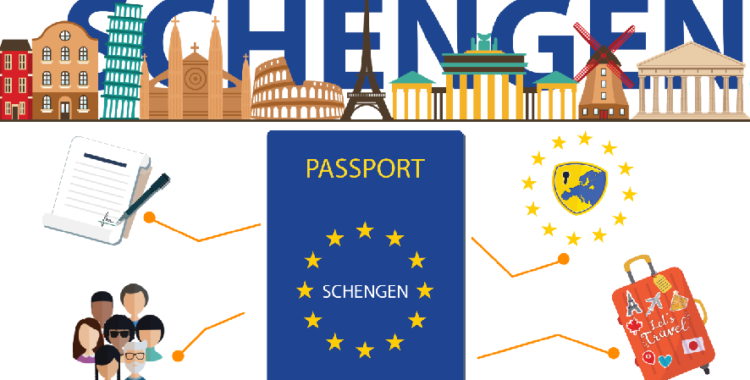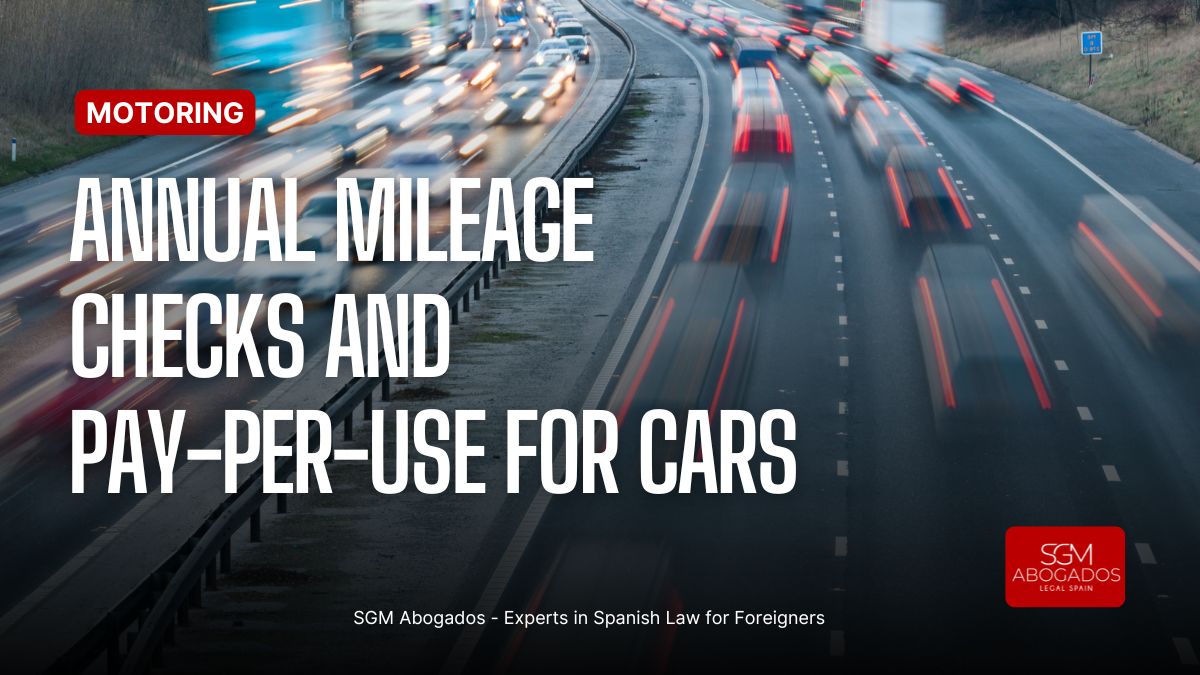Can residents in Spain spend more than 90 days in another Schengen country?
The Schengen 90-day rule governs how long non-EU/EEA/Swiss citizens can spend in the bloc without needing a visa - but does it still apply if you live in Spain with a residency permit?
The short answer to this question is that it’s a bit of a grey area. Here’s the long version:
90-day rule
Broadly speaking, people subject to the 90-day rule can spend 90 days out of every 180 in an EU or Schengen zone country other than their own without the need for a visa.
It applies to non-EU citizens living in the EU as well, but if you have a Spanish TIE residency card then your days in Spain are not counted towards your 90-day total.
However as soon as you leave Spain for another EU or Schengen zone country, the clock begins to tick.
The 90-day total applies to the whole EU/Schengen zone, so if you are a resident in Spain you cannot spend 85 days in Germany and then go straight to Italy to sample the pasta for a fortnight, as that would exceed your 90-day limit.
The 90-day limit is also intended for visits only, so if you intend to do paid work while in an EU country other than the one you live in, then you may need a visa.
So to sum up, the 90-day rule applies to you because you’re a non-EU/EEA/Swiss national. Your Spanish residency – whether temporary or long-term – does not entitle you to limitless stays elsewhere in the Schengen Zone, only within Spain (according to the conditions of your residency of course).
Technically speaking, EU nationals can also spend a maximum of three months (90 days) in another EU country before they have to register as residents there, but because of their EU national status this is unlikely to be checked and they won’t run into trouble if they overstay. The 90-day Schengen rule does not apply to them either.

Enforcement
As people who travel regularly within the Schengen zone will know, passports are not routinely checked at land borders – so is this rule really enforced?
For example, how could Spanish authorities really enforce the 90-day rule on someone who has driven over from France for a lengthy visit?
While it seems unlikely that people would be caught they should be aware that while residents of EU countries won’t be subject to the same passport checks and stamping as people entering the Bloc, that doesn’t mean there are no passport checks.
Controls can still be carried out at Schengen borders if, for example, there is a security alert or border restrictions are tightened due to a health emergency, as we saw with the Covid-19 pandemic.
You could also be asked to produce your passport while visiting an EU country at a police or security check.
Passport checks are of course more likely if you fly to another Schengen country rather than drive, and passport stamping by Spanish airport officials is notoriously haphazard, with some stamping even if you’re not actually leaving the Schengen area and others not.
One thing to consider is that if you are found to have spent too long in a country where you do not have residency status or a visa you can face some penalties.
You may be fined in the country where you are found to have breached the 90-day rule and even deported. Your passport could also be flagged as an over-stayer which can cause problems for future travel or residency/visa applications.
In a worst case scenario non-EU nationals who stay longer than 90-days without a residence permit or visa could end up with a re-entry ban to the Schengen area.
Many thanks to THE LOCAL es











